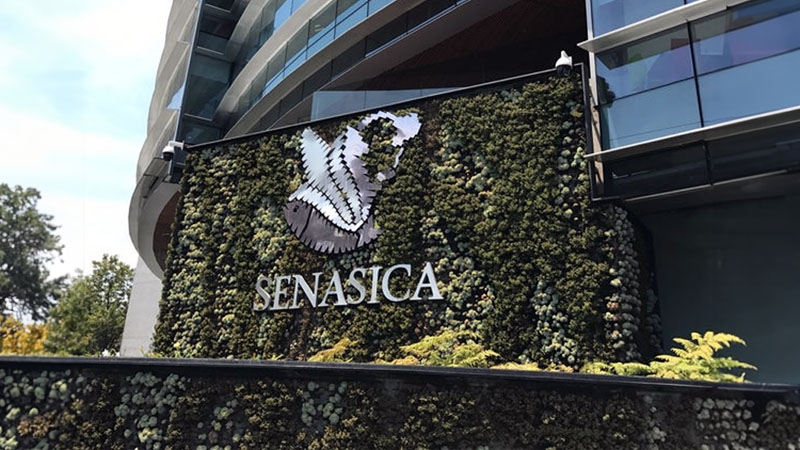Exclusive content

The National Agri-Food Health, Safety and Quality Service (SENASICA) of Mexico is set to conclude its audit of the Honduran shrimp industry. This comprehensive evaluation encompassed laboratories, farms, and plants primarily operating in Choluteca and Valle, with a focus on exports to the Mexican market.
In-depth Assessment
The audit, initiated on Monday, involved meticulous inspections of various facilities involved in shrimp production and export. SENASICA technicians diligently examined not only the operational aspects but also the health checkpoints established within Honduras. These checkpoints are crucial, as they oversee the passage of containers destined for the Mexican market via land routes.
Throughout their visit, SENASICA technicians engaged in constructive dialogues with key stakeholders, including representatives from the National Agricultural Health Service (SENASA) of the Ministry of Agriculture and Livestock (SAG) and the National Association of Aquaculture Farmers of Honduras (ANDAH). Meetings with shrimp producers and exporters from the southern region of Honduras were also integral to the assessment process.
Addressing Critical Issues
Discussions between the auditing mission and Honduran counterparts delved into various pertinent topics. These included veterinary services, the current status of shrimp in Honduras, import-export procedures, epidemiological surveillance of farmed shrimp, and the national agricultural, aquaculture, and fishing traceability system.
The forthcoming report compiled by SENASICA will be submitted to the District Court of the State of Sinaloa, Mexico. This court, responsible for adjudicating a recent demand by Sinaloa aquaculturists, is closely scrutinizing the alleged triangulation of shrimp products from Ecuador. The audit findings hold significant implications, particularly in light of the temporary ban on shrimp imports from Central America, which has been in effect since March 4.
Trade Implications and Industry Concerns
Honduras, currently restricted to exporting cooked shrimp to Mexico, faces considerable economic risks due to the embargo. Juan Carlos Javier, President of ANDAH, underscores the stakes involved, citing potential losses amounting to 25 million pounds valued at USD 66 million. Notably, he reaffirms that Honduras does not import Ecuadorian shrimp due to lacking certifications and protocols.
Wilmer Crúz, President of the Association of Small and Medium Aquaculture Farmers of the South (APEMASUR), voices the collective apprehension within his organization. The standoff with Mexico has effectively halted their operations, with hopes pinned on a prompt resolution of the embargo to resume farming activities, anticipated to commence in April.